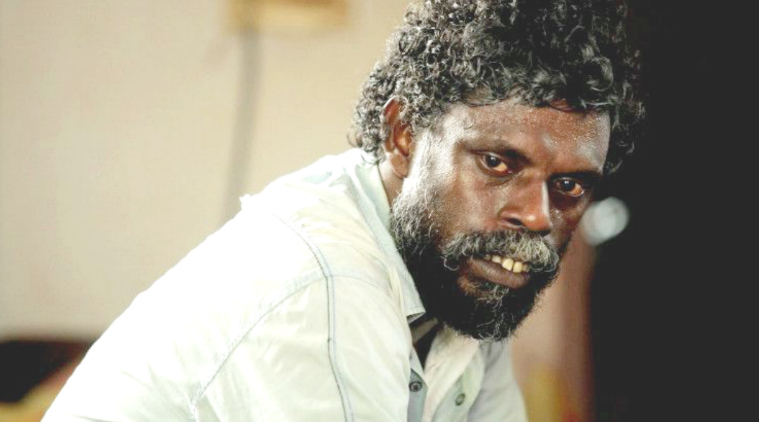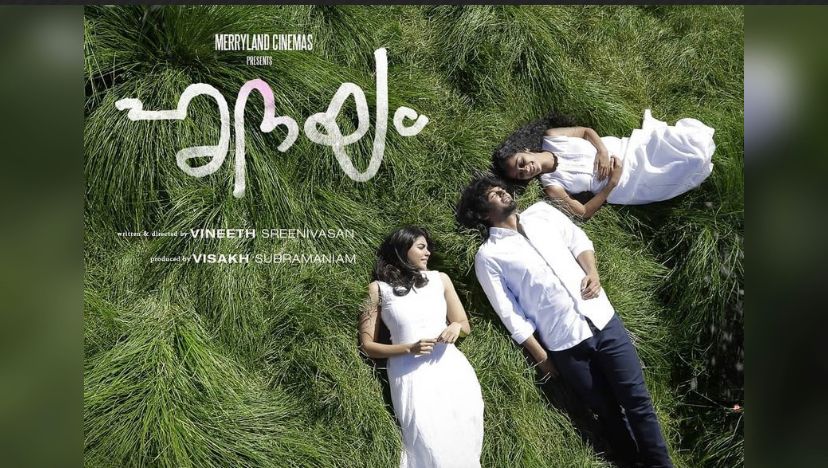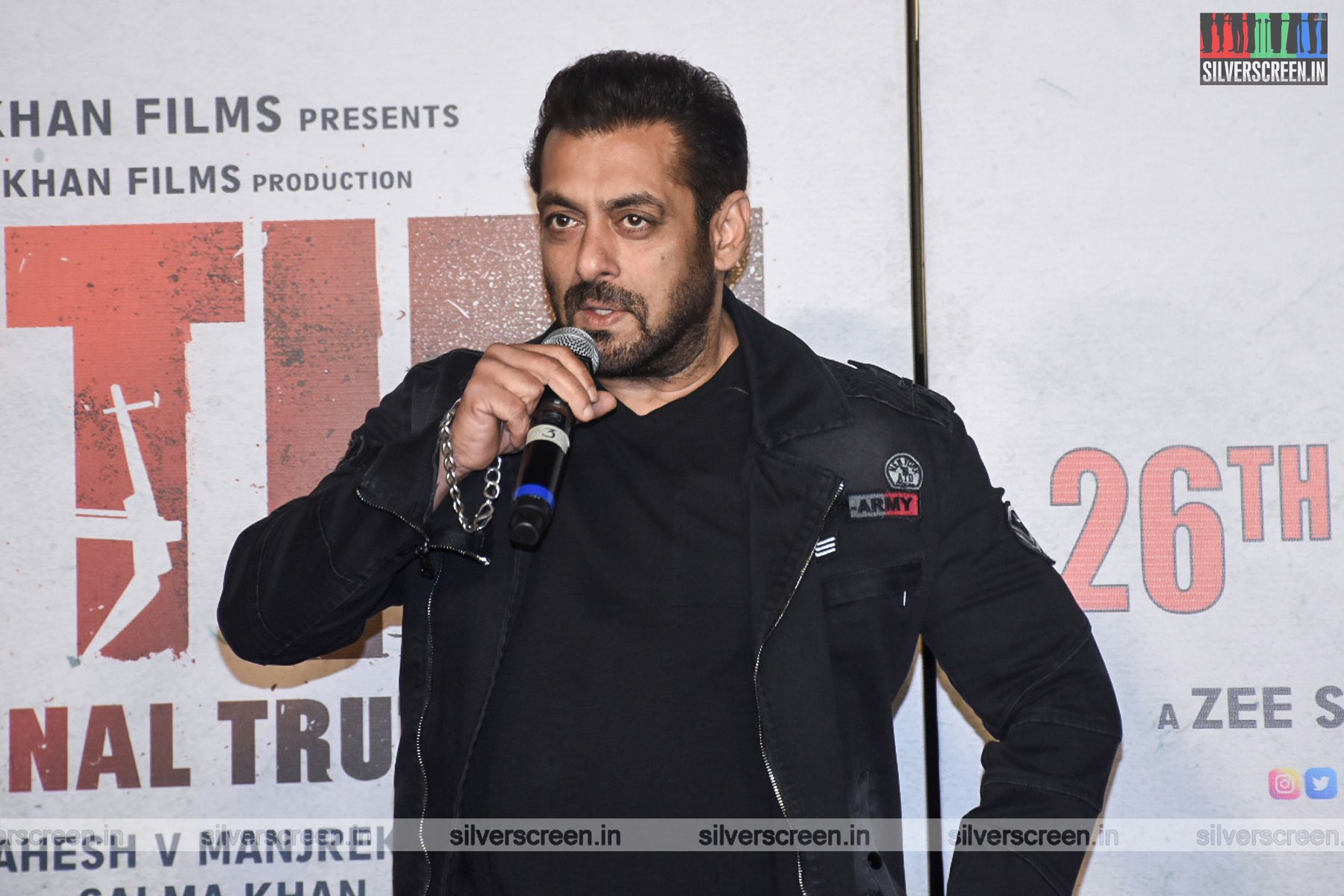Dalit activist Mrudula Devi, who earlier accused actor Vinayakan of verbal harassment, has now condemned the misogynistic remarks on #MeToo that he made during the press meet of Oruthee.
Speaking in a panel discussion on News 18, Devi said that #MeToo is an ethical and collective movement where individuals share their encounters of harassment seeking solidarity. “And actor Vinayakan has disrespected it. Not just Vinayakan, but anyone who talks like this about #MeToo is wrong,” she added.
In the press meet, Vinayakan expressed his ignorance of the #MeToo movement. “What is MeToo? I don’t know! Is groping a woman called MeToo? Let me ask: if I want to have sex with a woman, what should I do?” he said.
Vinayakan also pointed to a woman journalist in the crowd and said, “If I want to have sex with that woman, I will ask her.”
Following this incident, the actor was criticised by the public, politicians, and members of the film industry.
Reacting to this, Devi said that #MeToo aims to alert society about those who engage in sexual abuse and harassment, and it is our responsibility to identify and correct them. She added that #MeToo is not learnt through any curriculum. The awareness is spread by individuals, women and queer communities, who have had first-hand experiences of such difficulties.
When Devi was asked if Vinayakan spoke in such a way because of his ignorance and deep-rooted patriarchy, she said even many Dalit intellectuals are unaware of such matters.
“Many say he has come up to this position after going through many hardships and hence some leeway should be given to him. This is not Dalit solidarity. An offence is an offence, be it Dalit or anybody. When he was first accused of #MeToo, if Dalit intellectuals and the general public had educated him about this, he would have not made such remarks,” she added.
In 2019, Devi had filed a police complaint accusing Vinayakan of speaking to her inappropriately, when she had called him to talk about a function that she was attending.
Recommended
Filmmaker Kunjila Mascillamani also took part in the panel debate. She noted that a healthy concept like sex education is just coming up in India and is not in full swing yet. In this scenario, it is very dangerous when such wrong information is passed on in public, especially to youngsters.
She added that this issue should be discussed by everyone and not just Women in Cinema Collective (WCC) or even only women in the community. She said that the opinions should also come from men, who are a predominant part of the film industry.



